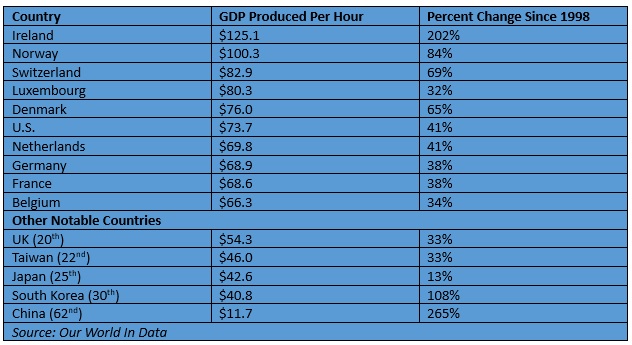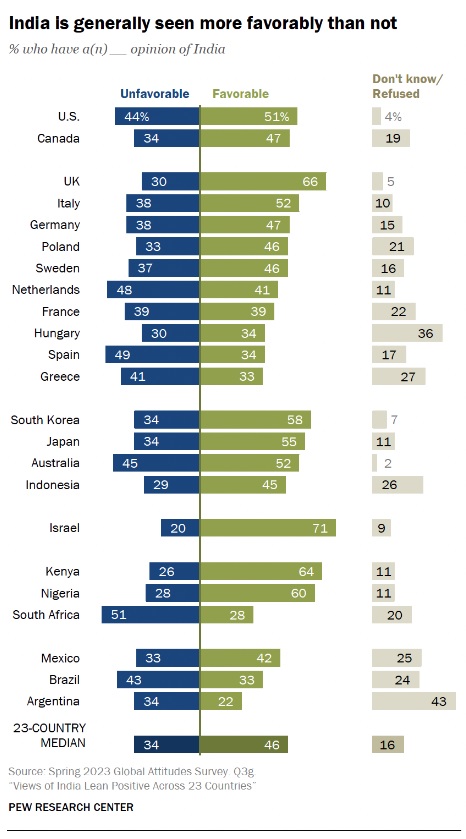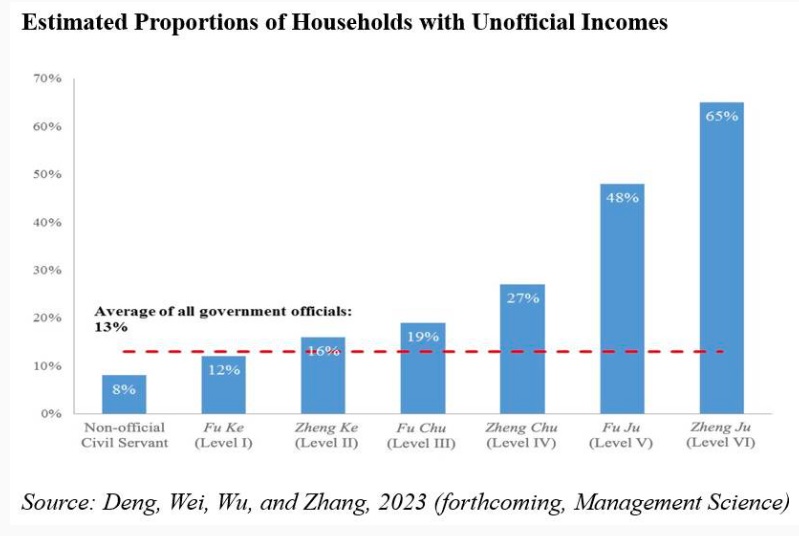We often have quarter baked ideas. Yes, we admit most of our ideas don’t even make it to half baked status. Fortunately, our colleagues and friends help fully cook, or sometimes roast, the ideas creating an actionable useful project or initiative. Perhaps there are some bakers among our readers with easy bake ovens who can make the following idea edible. We’ve read on occasion that we are running out of melodies, perhaps that is one reason hip hop has dominated for decades and pop music can sound so moribund. But there are plenty of excellent melodies from past songs that were ill used. These melodies should be freed into the public domain, to be repurposed for better music. For example, all songs by the group Styx should be open game for current musicians to use with no threat of legal action. We reckon some young musician could put them to better use than that group did.
As we understand it, melody copyrights currently expire after 70 years. We recommend a commission be created that will determine which melodies should be freed and available for use even if the copyright is younger than 70 years old. It is a bit like recycling that old newspaper or plastic bottle into something more useful (in addition to patent lawyers to help we are seeking representation from likely defamation lawsuits brought against us by Styx). We are neither a lawyer nor a musician but we reckon this idea can foist new music into our world bringing us all joy and entertainment. As you pull out your oven mitts, we ask the three Whos? Who’s productive, Who likes India and Who is Corrupt in China? It’s this week’s International Need to Know, the soprano of international information, the deep baritone of global data.
Without further ado, here’s what you need to know.
Who Is Productive?
Noah Smith notes on the social media platform we call “L” how productive American workers are. And we are (some of us more than others). As you can see in the chart below, American workers rank sixth for GDP produced per hour worked. Ireland is number one but we wonder if that’s skewed by pharmaceutical companies running their sales through Ireland to take advantage of low tax rates (Brian Setser has done great work on explaining this). The rest of the top ten are all European countries, and all are in the north of Europe. But note that Taiwan has nearly caught up with Europe. And note that over the last 30 years Japan’s increase in productivity is between two to three times less than many of the European countries and Taiwan. Thirty years ago South Korea was less than half of the top ten countries but now is only about ten percent behind. China has increased its productivity 265 percent but its workforce is still less productive than Indonesia, the Dominican Republic, and Mexico. Lots of room for improvement there but will its current policies achieve that improvement? Will China be able to increase productivity with an aging population? We answered those questions in our book. You read it, right?
Who Likes India?
It’s been clear for a while that India’s influence will grow in the coming years. For at least half a decade we’ve been saying it’s one of the five most important countries in the world. Of course, India can influence for the good and for the bad, likely both as is the case with all countries. But what do the influencees think of India? A Pew Global survey of 23 countries finds that “India is generally seen more favorable than not.” As you can see in its chart below, the countries with the most favorable views of India are Israel, the U.K., Kenya, Nigeria, South Korea and Japan. South Africans have the least favorable views of India, followed by Spain, the Netherlands, Australia and the U.S. China, because it’s authoritarian and expansionist, is seen unfavorably by many countries (though not all). India, which is more populous than China, will likely see its economic power grow and thus its geopolitical influence. The Modi government has its flaws (as Canadians will note), but Modi is no Xi Jinping. We are a bit surprised to see so many Americans holding unfavorable views of India. Will a rising India, one that is not authoritarian nor expansionist, create even more fear among Americans ten years hence? India’s geopolitical influence and aspirations are less predictable than Xi’s China. Our reactions to them should be, but may not be, more predictably favorable. And the biggest question: when will we have to add an “India Corner”?
China Corner: Who Is Corrupt?
It sometimes feels like half of Xi Jinping’s hand-selected leadership group has disappeared and is under investigation for corruption (Editor: It is indeed close to 50%!). It’s often difficult to determine how much of Xi’s crackdown the last decade was about rooting out corruption and how much was about solidifying power. Yongsheng Deng and Shang-Jin Wei are about to publish a new paper that sheds some light on this question as well as on how successful the crackdown has been at preventing corruption. The researchers analyzed home sale data and compared household income of government officials with non-government homeowners since much graft went into property acquisitions. The study finds that “so-called “grey income” amounts to 83 percent of their formal salary.” And the higher level the official, the greater percentage of “grey income” earned: 27 percent for low level officials and 172 percent for the highest officials. The research also finds that about 13 percent of the sampled government officials were earning this extra income. Is that lower than you expected? Interestingly, the study finds “no evidence that the government officials in our sample are underpaid given their education level and experience. In other words, inadequate government salaries are not the primary reason for the prevalence of bribery among Chinese bureaucrats.” It’s greed, of course, and it was easy pickings back in the day. And “these unofficial earnings appear to decrease in areas where anti-corruption efforts have intensified, especially after the arrest or indictment of high-ranking local officials.” So in that regard, the corruption crackdown achieved some success. Now where did I place that defense minister…can’t seem to find him.




